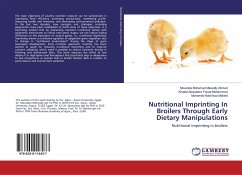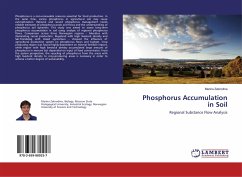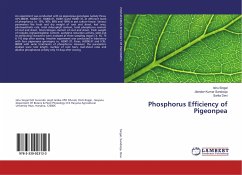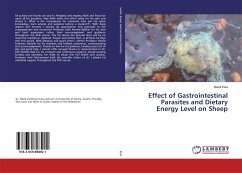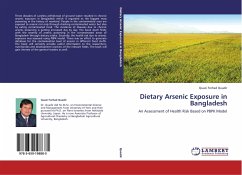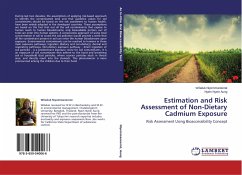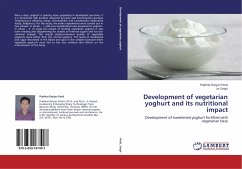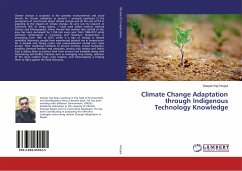The main objectives of poultry nutrition research can be summarized in optimizing feed efficiency, increasing productivity, maximizing profit, improving health and immunity, and decreasing environmental pollution. In the last two decades, new concepts and strategies -including epigenetics- have been established to fulfill some of these objectives. It is becoming evident that by interacting transient nutritional stimuli with epigenetic mechanisms at critical onto-genic stages, we can induce lasting influences on the expression of various genes, i.e., nutritional imprinting. Imprinting means a nutritional agitation of epigenetic gene regulation due to change in "nutritional environment" during the stage of gene expression development. Early nutrition approach, recently, has been started to apply for inducing nutritional imprinting and to improve nutrient utilization which make it possible to reduce nutrients' density in finishing and withdrawal diets. This work discusses the effectof low dietary P or high lysine level throughout first post-hatch days in adaptation to low phosphorus or protein level in broiler finisher diets in relation to performance and environment pollution.

